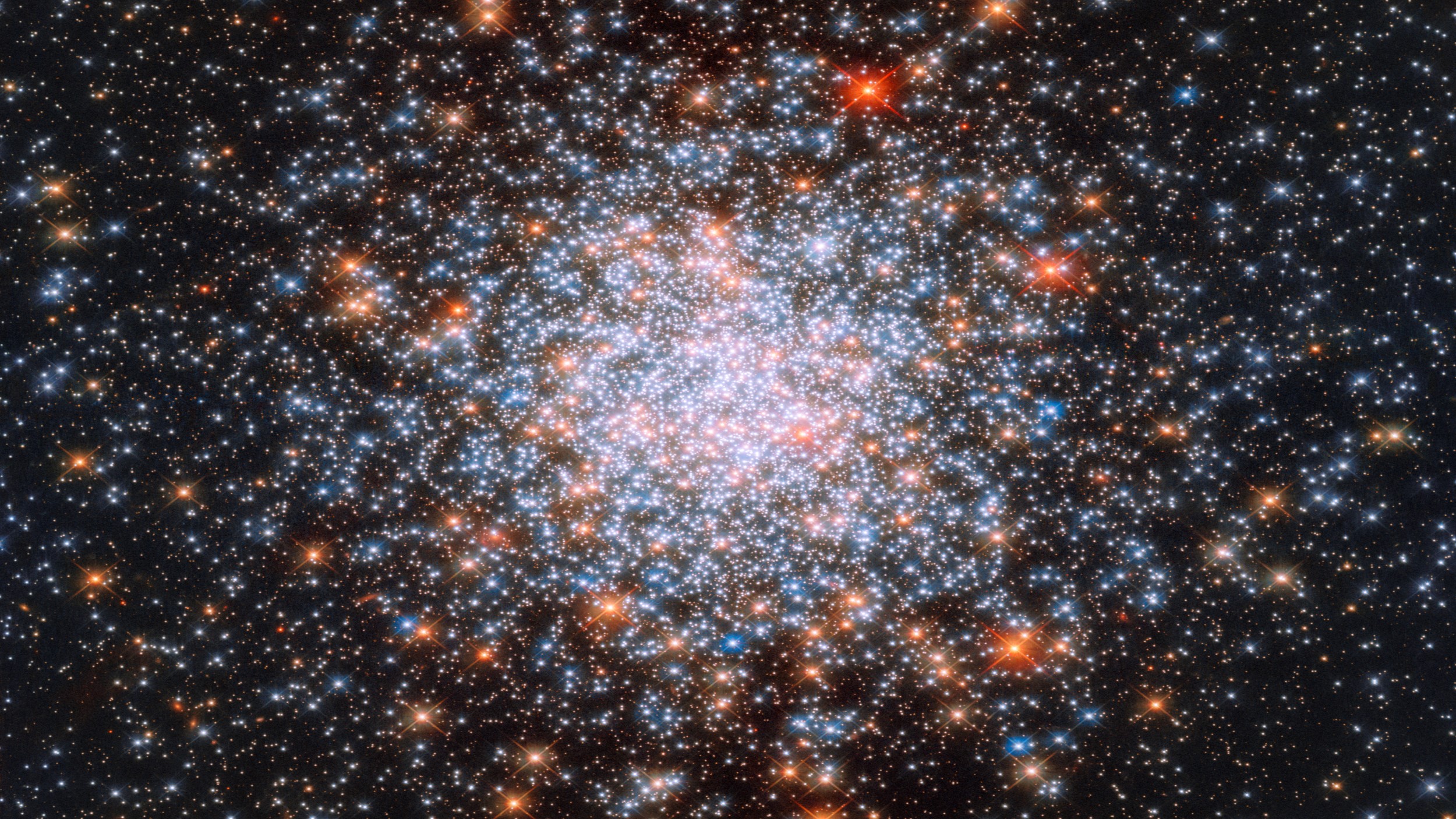Do Astronomers Know How Many Galaxies There Are in the Universe? New Research Suggests It May Be Infinite.
How many galaxies are there in the universe, and is it possible to compute them? As per BBC Sky and Night, the number of galaxies in the universe will be equal to the Universe’s size multiplied by the average number density of galaxies. In practice, estimating these two figures properly is tough.
The universe’s overall size is unknown. Recent studies suggest that the number of galaxies may be limitless, meaning that there are an endless number of galaxies.

Galaxies in the Observable Universe
The universe is so big that there is a limit beyond what humans can see. It is because light beyond has not had the time to reach Earth ever since the Big Bang.

According to NASA, astronomers use mathematical models to observe and construct feasible ideas about the evolution and origins of the universe. They use Albert Einstein’s theory of general relativity and other theories of basic particles to explain the Big Bang Theory. Today, space telescopes, like the Hubble and JWST, help measure the universe’s expansion.

BBC reported that the ‘observable universe’ is predicted to be a sphere with a diameter of around 92 billion lightyears and a volume of approximately 410 nonillions (410 thousand billion billion billion) cubic lightyears.
However, estimating the numerical density of galaxies has its own set of challenges. First, it is impossible to count all of the galaxies in the sky as it would be far too time-consuming.
Furthermore, even the greatest telescopes would overlook galaxies that are too faint, too tiny, or too near to other galaxies, as well as those that are covered by intervening material or do not produce measurable light by the telescope.
But this approach will give a lower limit on the number of galaxies. One estimate suggests that the visible universe contains between 100 and 200 billion galaxies.
Other astronomers have attempted to estimate the number of missed galaxies in prior studies, yielding a total of 2 trillion galaxies in the universe. However, based on current observations of the night sky’s blackness, this may be an overestimation.
Will the Number of Galaxies Change?
The universe is around 13.82 billion years old based on the measurements of its expansion made by watching galaxies moving away from Earth’s view. However, Space.com reports that galaxies will recede more and further from Earth, making them harder to observe with telescopes, as the universe grows older and larger.
Furthermore, galaxies evolve throughout time as well. The Milky Way is colliding with the neighboring Andromeda Galaxy, and the two are estimated to combine in 4 billion years. Other galaxies nearest to the Milky Way are also expected to ultimately merge. Experts said that residents of that future galaxy would see a considerably darker cosmos.
They explained that there was no indication that there was a cosmos with 100 billion galaxies when civilization began. More so, they would not have noticed the expansion so they would not know that Big Bang occurred.





